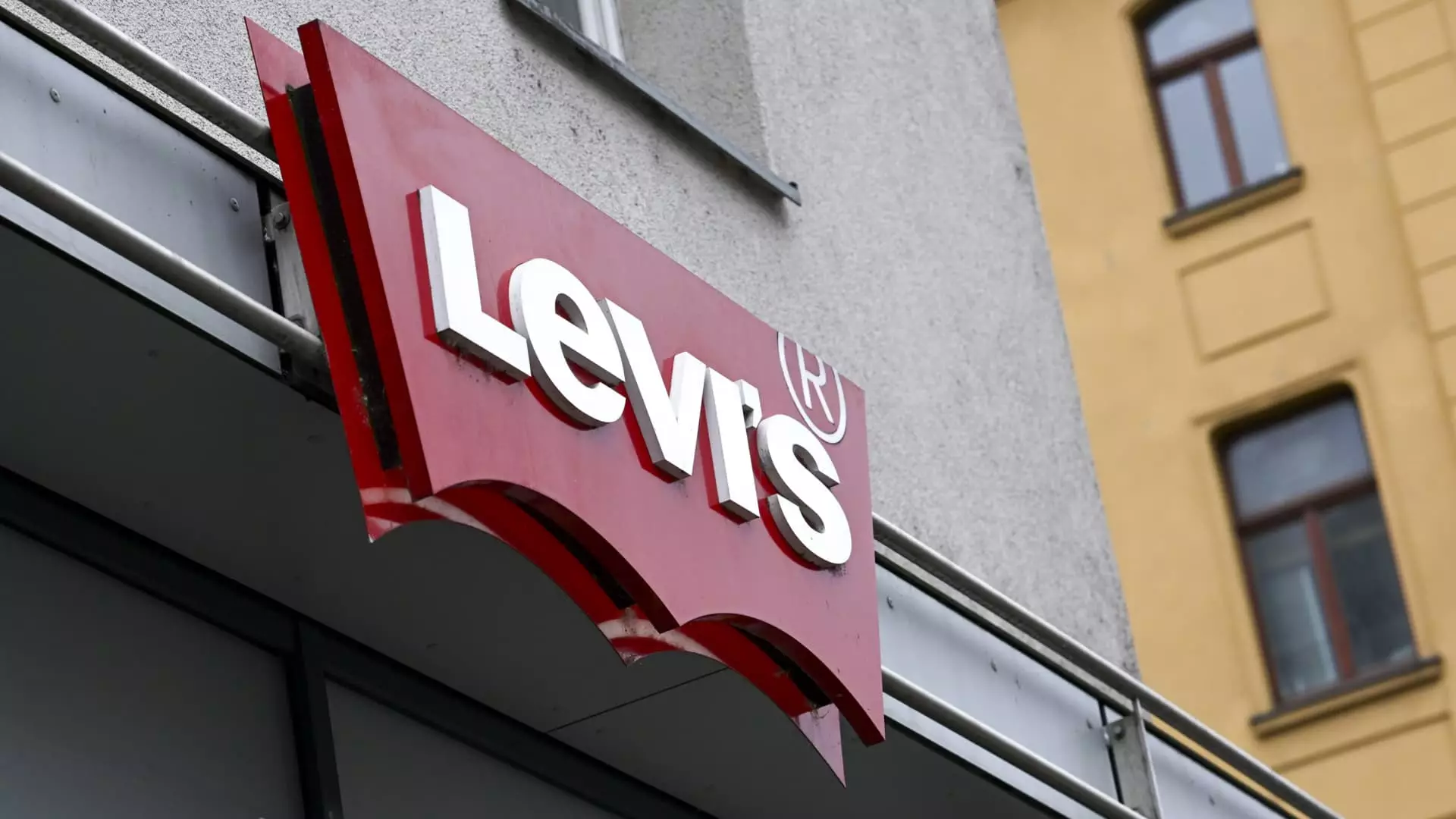The recent announcement of Levi Strauss’s decision to sell its Dockers brand to Authentic Brands Group for a staggering $311 million marks a significant milestone in the ever-evolving world of retail. In an era where consumer tastes shift at lightning speed, companies must adapt or risk obsolescence. The fact that Levi Strauss, an iconic name in the denim industry, has chosen to divest a historic brand like Dockers is indicative of larger trends that are shaping the corporate landscape. While some may view this as a sign of decline, I argue that this strategic move reflects an astute foresight into market dynamics and consumer behavior.
Focusing on Core Strengths
Levi’s CEO Michelle Gass articulated a clear vision; this sale is part of a broader strategy to sharpen the company’s focus on its flagship products. By shedding Dockers, Levi Strauss is aligning itself with its core business—denim and athleisure. In the competitive retail sphere, a well-defined focus is paramount, especially when so many brands are struggling to find their identity. Gass’s emphasis on direct-to-consumer channels is a forward-thinking approach, acknowledging that success in today’s market hinges on understanding and engaging with consumers directly.
The sale will not only provide financial returns but will also allow Levi Strauss to reinvest in its most promising areas such as women’s lines and athleisure, which continue to gain traction. This laser-like focus can yield better returns and innovation rather than spreading resources too thin across multiple brands that no longer significantly contribute to the bottom line.
Brand Management Evolution
In selling Dockers to Authentic Brands Group, Levi Strauss is embracing the modern concept of brand management that focuses on agility and scalability. Authentic’s track record of revitalizing brands through license agreements and global strategies introduces new vigor into an aging product. The partnership signifies a sophisticated approach where Levi Strauss acknowledges that brand management isn’t just about ownership; it’s about expertly navigating brand identities in complex global markets.
With a robust network of 1,700 licensing partners, Authentic is uniquely positioned to elevate Dockers beyond its U.S. limitations. While America has moved on from khakis, other markets such as Latin America and Asia present fertile ground for growth. This understanding that different regions evolve at different paces demonstrates a crucial understanding of global commerce—a perspective that is essential for the modern corporation.
Lessons from Past Popularity
Historically, Dockers was a powerhouse brand in casual wear, especially throughout the ’90s and early 2000s. However, as tastes shifted, the brand became almost an afterthought. Levi’s recognition of this trend and the decision to divest before further decline illustrates what should be a wake-up call for many corporations. Sticking to outdated models or products can cripple a brand’s legacy; adapting, on the other hand, can breathe new life into it.
This sale reinforces an essential business lesson: when a brand no longer resonates in its primary market, a thoughtful exit strategy can preserve its legacy while allowing it to evolve under new stewardship. Companies should embrace change rather than resist it, particularly in industries defined by rapidly changing consumer preferences.
Financial Implications and Strategic Insights
The financial strategy behind the sale is equally telling. Levi Strauss not only expects immediate returns but could also see future revenues of up to $391 million based on Dockers’ success under Authentic’s management. This kind of financial foresight is commendable and indicative of modern business practices where future potential and brand vitality are considered as essential as current revenue streams.
Moreover, the opportunity to leverage past successes while also creating new market segments warrants significant analysis. The partnership with Authentic is grounded in a future-first approach—an outlook that many organizations would benefit from adopting as they navigate increasingly complex and globalized markets.
While skeptics will argue that the sale of Dockers reflects a decline for Levi Strauss, the reality is that this strategic shift represents an exciting opportunity for reinvention. By recognizing when to let go, Levi Strauss can focus its resources on what truly matters while allowing Dockers the chance to flourish in the hands of experts in brand management. In this fast-paced business world, adaptability is king, and possibly, this sale could mark the beginning of a revitalization phase for both the brand and parent company alike.

